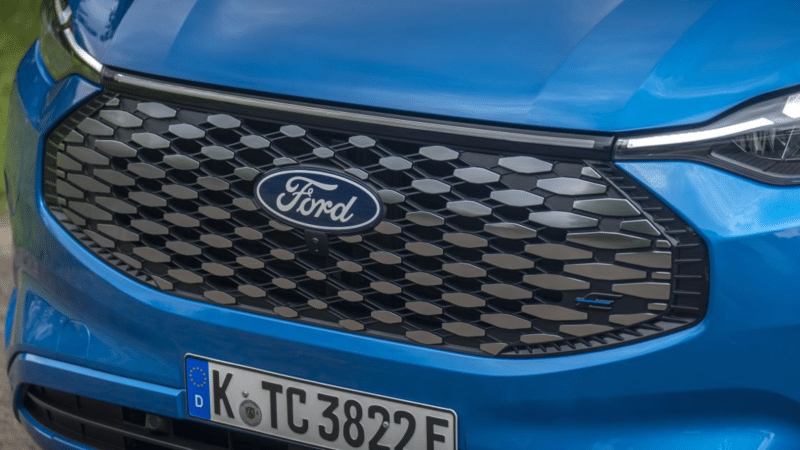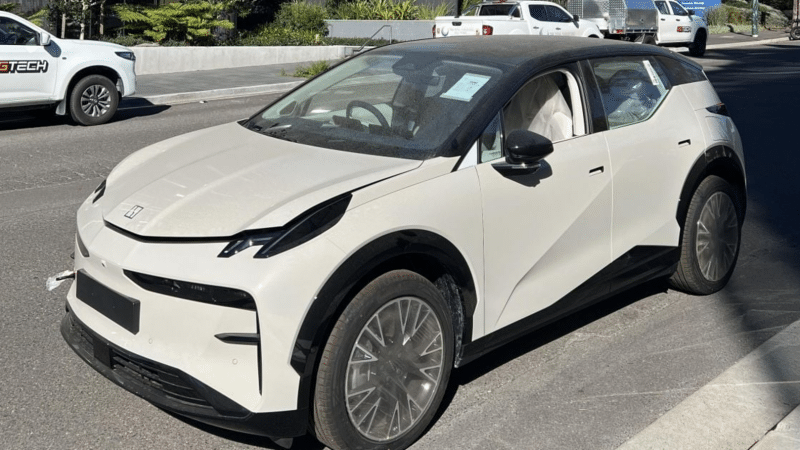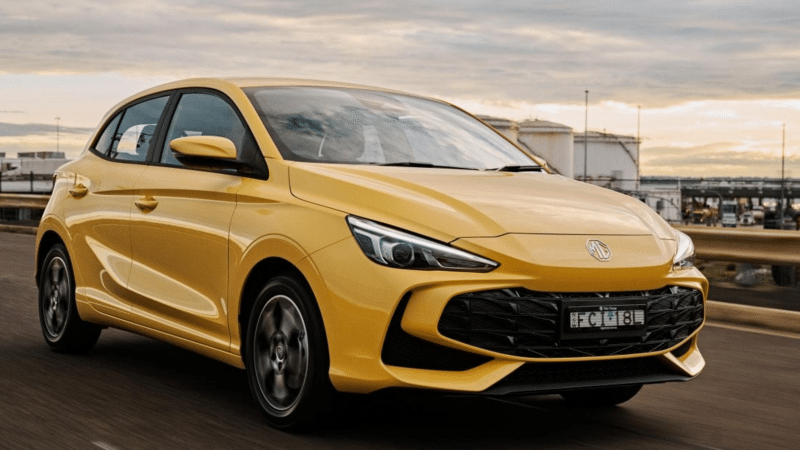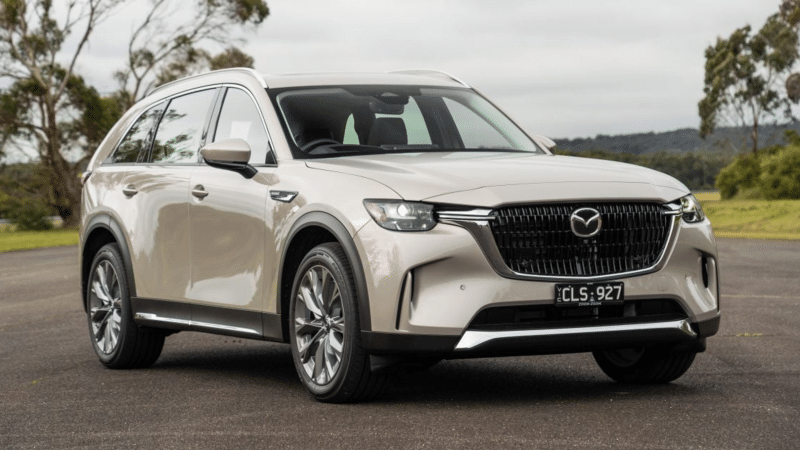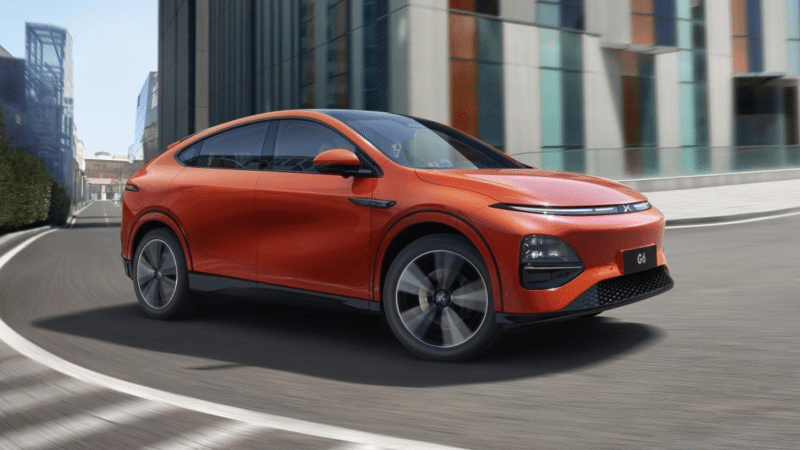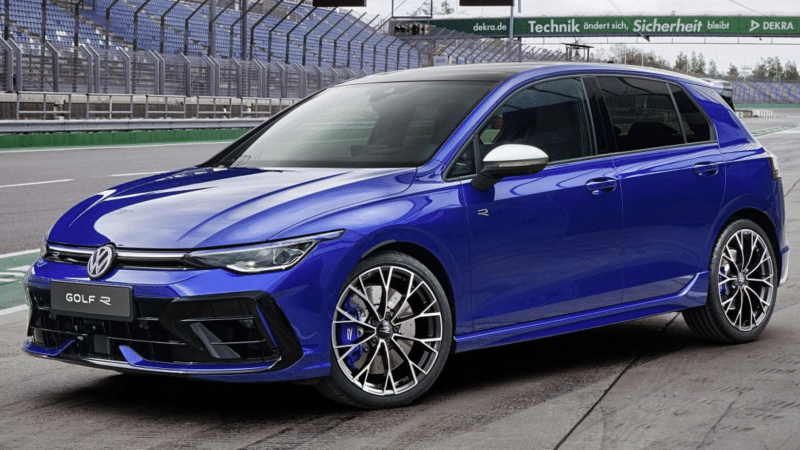Elon Musk’s Influence on Tesla Consideration Scores Takes a Hit
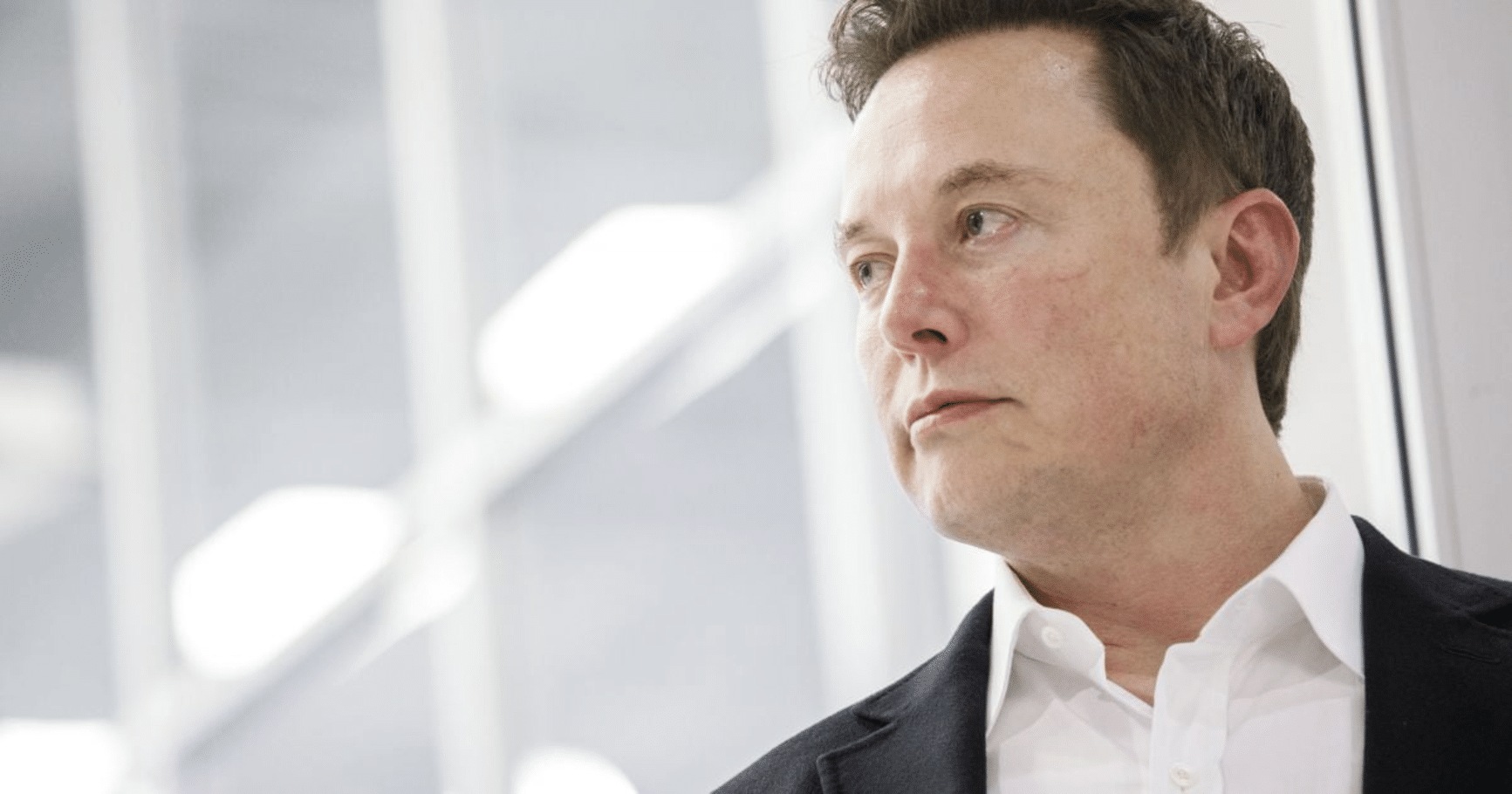
Elon Musk’s Influence on Tesla Consideration Scores Takes a Hit
Are potential car buyers willing to overlook Elon Musk’s controversies and remain loyal to the Tesla brand?
A recent study reveals that potential car buyers are heavily influenced by the actions of Tesla CEO Elon Musk, more so than any other car brand. According to market intelligence firm Caliber, Tesla’s ‘consideration score’—which measures a person’s likelihood of buying a Tesla when shopping for a new car—has plummeted by more than half in the past 15 months. This decline in consideration score coincides with various events affecting the company and Elon Musk himself.
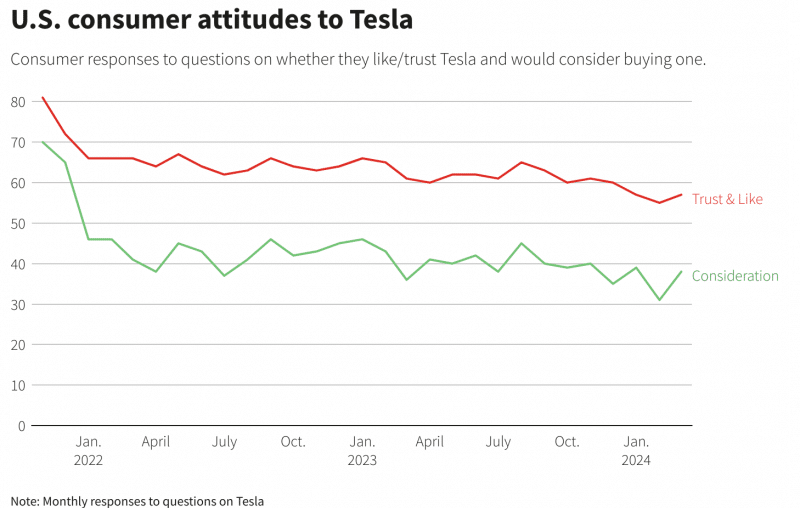
Caliber’s survey reveals that Tesla’s ‘consideration score’, a measure of potential customers’ likelihood to purchase a Tesla, has experienced a significant decline in the past 15 months. Starting at 70% in November 2021, the score has now dropped to just 31% as of February 2024. Surprisingly, this decline occurred despite Tesla’s continued sales growth both in the US and overseas.
In addition to the decline in consideration score, Tesla’s ‘trust and like score’ has also fallen from over 80% to under 60%. This decrease in trust can be attributed to the increasing association between Elon Musk and the Tesla brand, with Caliber’s survey showing that 83% of US new car buyers connect Mr. Musk with the electric vehicle manufacturer.
Caliber CEO Shahar Silbershatz believes that Elon Musk’s personal behavior has contributed significantly to Tesla’s reputational downfall. Silbershatz suggests that Musk’s involvement with controversies, such as the multiple delays in launching new models like the Cybertruck and legal action against the company’s semi-autonomous driving systems, has negatively impacted the brand’s consideration score.
Furthermore, Musk’s acquisition of the social media platform Twitter, now known as X, has also affected Tesla’s public image. The platform’s increasingly right-wing user base, combined with instances of misinformation and ‘fake news’, has further tarnished the reputation of both Musk and Tesla.
Ed Kim, the president of consultancy firm AutoPacific, agrees with Silbershatz’s analysis. Kim states that an increasing number of EV shoppers are turned off by Musk’s behavior and political views, leading them to explore alternative options in the market.
Despite the decline in consideration and trust scores, Tesla continues to achieve impressive global sales figures. In 2023, the Tesla Model Y became the best-selling vehicle worldwide and dominated the European market. Additionally, it ranked closely behind the Toyota RAV4 and traditional pickups in the US and emerged as the most popular car among private buyers in Australia.
Last week marked a milestone for Tesla in Australia, as the company celebrated the delivery of its 100,000th car in the country. On a larger scale, Tesla recently reached another significant achievement with the production of its six millionth vehicle from its Fremont production line in California.
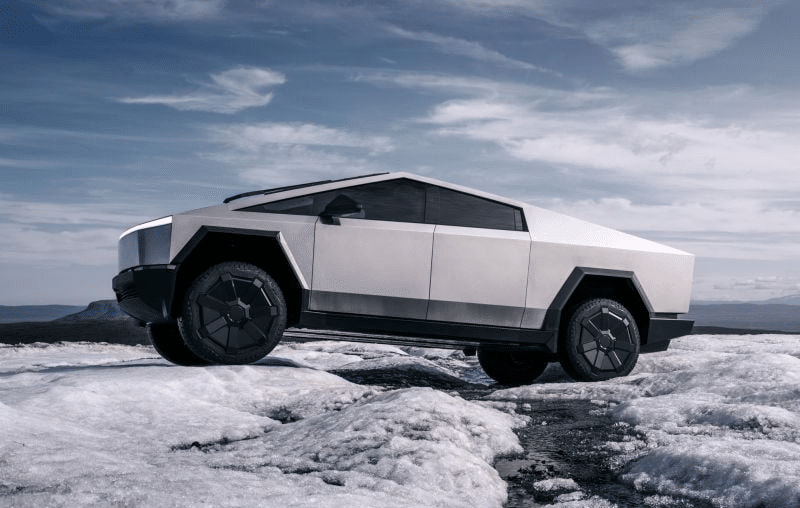
- Tesla’s ‘consideration score’ has dropped from 70% to 31% in 15 months
- Tesla’s ‘trust and like score’ has fallen from over 80% to under 60%
- 83% of US new car buyers associate Elon Musk with Tesla
- Reasons for the decline include delays in launching new models and legal actions against Tesla’s semi-autonomous driving systems
- Elon Musk’s purchase of Twitter and its growing right-wing user base also contributed to the decline
- Some EV shoppers are turning away from Tesla due to Elon Musk’s behavior and politics
While Tesla’s consideration and trust scores have seen a decline in recent months, the company’s global sales success demonstrates its resilience in the market. However, it remains to be seen how Elon Musk’s behavior and controversies will continue to impact the perception of the brand in the long run.

